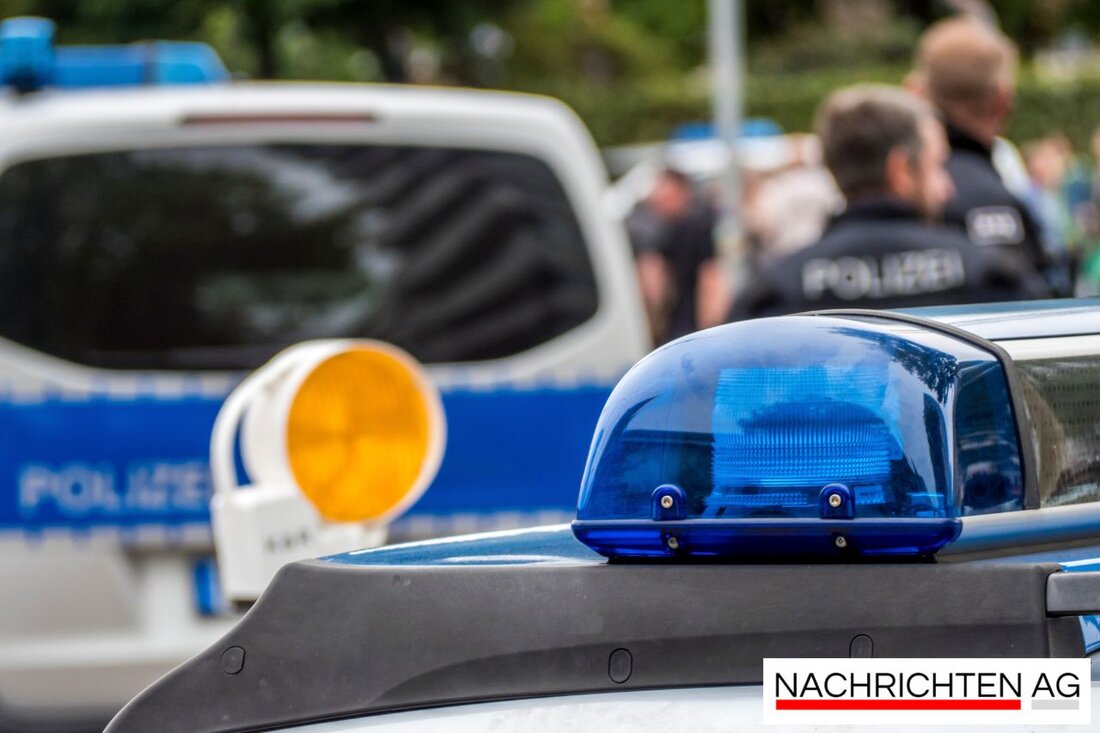Lower Saxony relies on AI facial recognition: progress or risk?
Lower Saxony relies on AI facial recognition: progress or risk?
In Lower Saxony, a significant change in police work announces: the introduction of AI-based facial recognition for hazard defense is imminent. As the Hannoversche General reports, however, this technology should only be used in a few, specially approved cases. The judicial approval is essential to prevent possible abuse and violation of personal rights.
Currently, surveillance cameras are installed in the city center of Hanover, which are currently producing data that is usually deleted directly. However, the Interior Minister of Lower Saxony aims to use this data efficiently in the future. AI is supposed to help to identify faces at lightning speed and analyze movements in order to be able to identify potential crimes at an early stage.
facial recognition: A look into the past
The German police have been in the research work on "intelligent" image processing since the 1990s. These developments were also addressed during the Cilip event on the subject of" Research and Innovation ". As early as 2006, the Federal Criminal Police Office tested the facial recognition software at Mainz's main train station. Two years later, the system could be used in the subsequent evaluation of recognition data.
concerns about data protection and effects
The AI-supported surveillance is not only under technical observation. Critics such as Jens Halelein have questioned the promise of the security industry in their lectures. Data protection, privacy and discriminatory effects are central topics that always appear in discussions about the use of these technologies. In particular, the effects on marginalized population groups are discussed by experts like Tabea Louis.
In the course of the progressive development, it can be seen that the long -term influence of these technologies on our coexistence is still uncertain. The responsibility of the police and the reactions of future state governments to such strategies remain exciting.
| Details | |
|---|---|
| Ort | Hannover, Deutschland |
| Quellen | |


Kommentare (0)